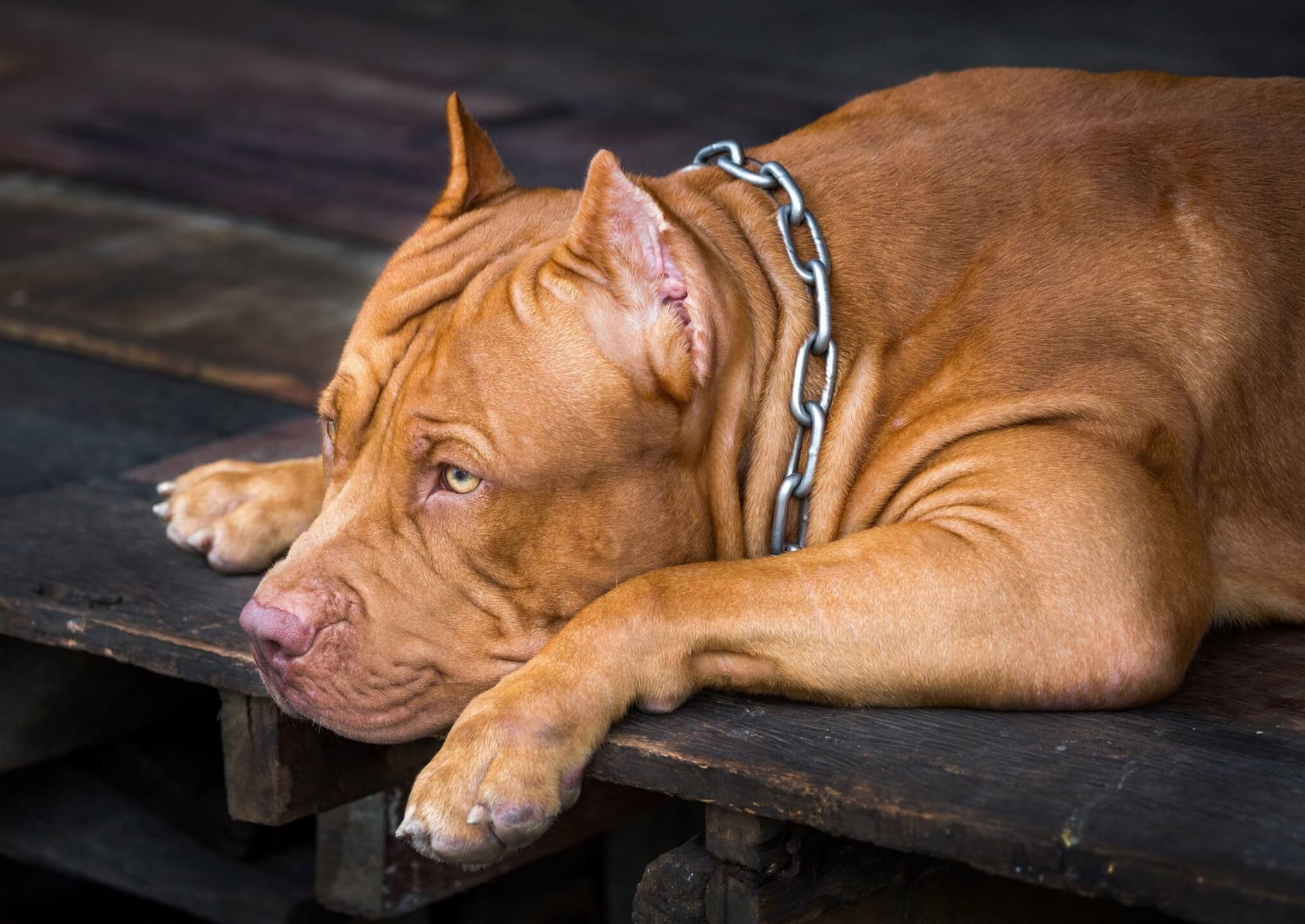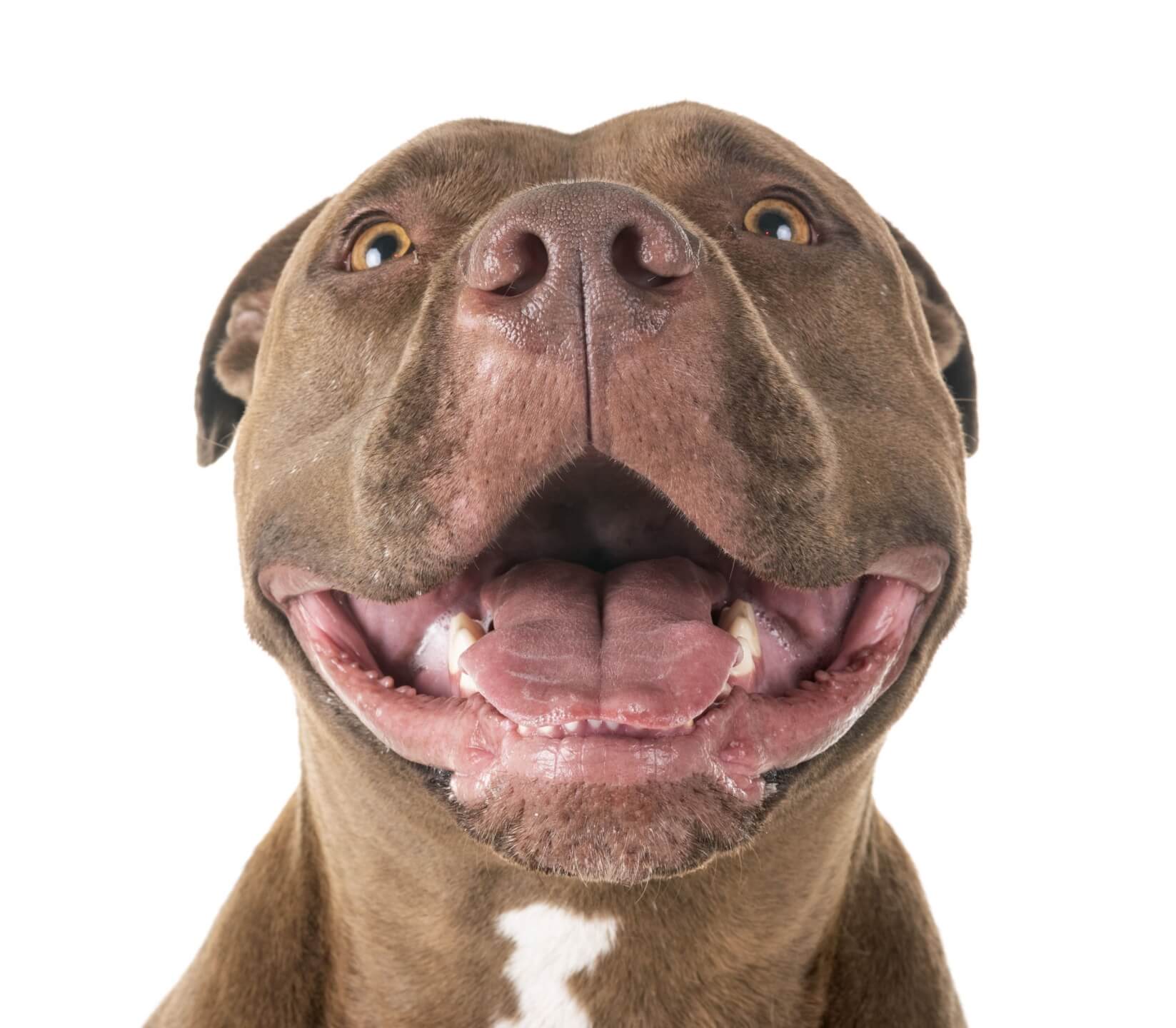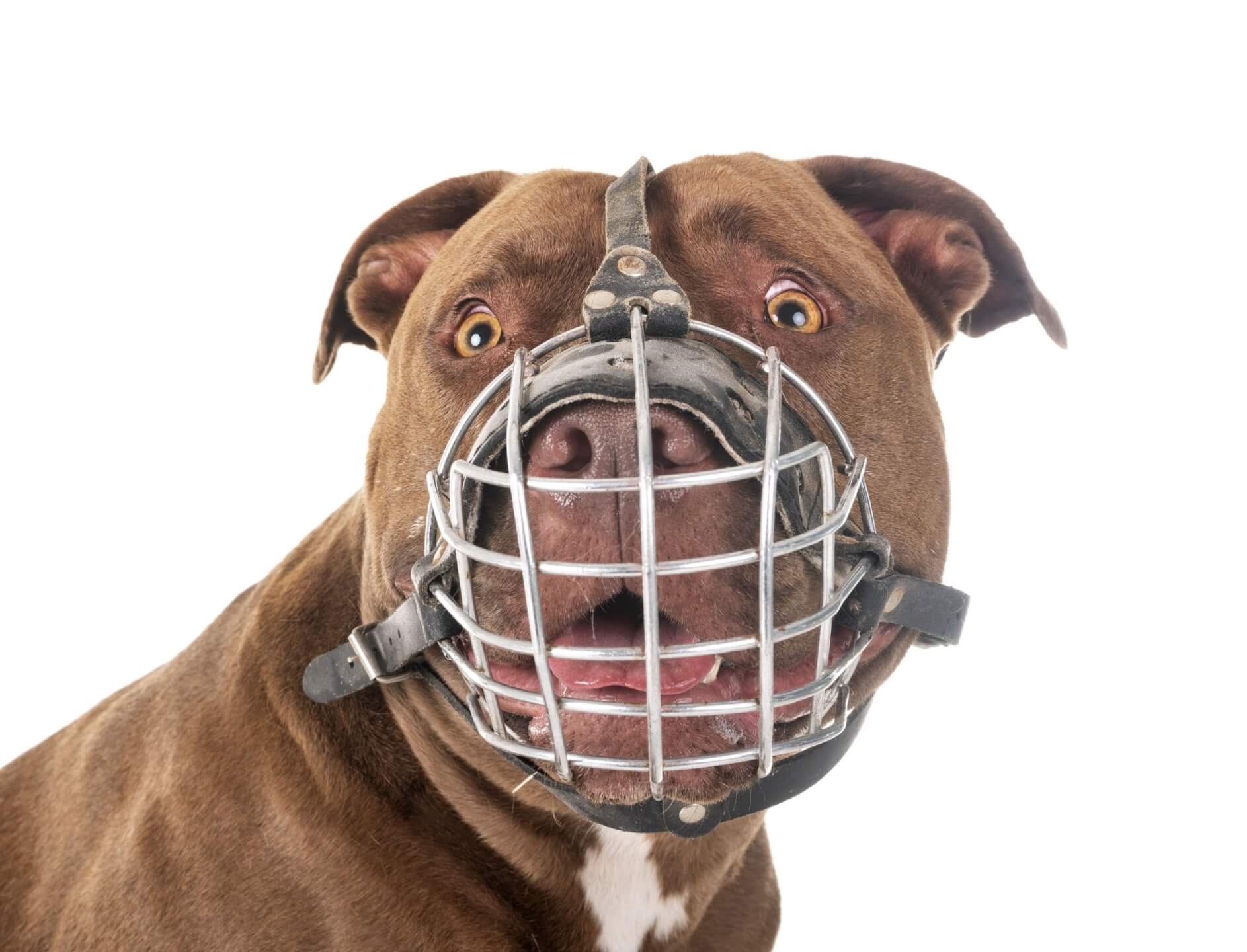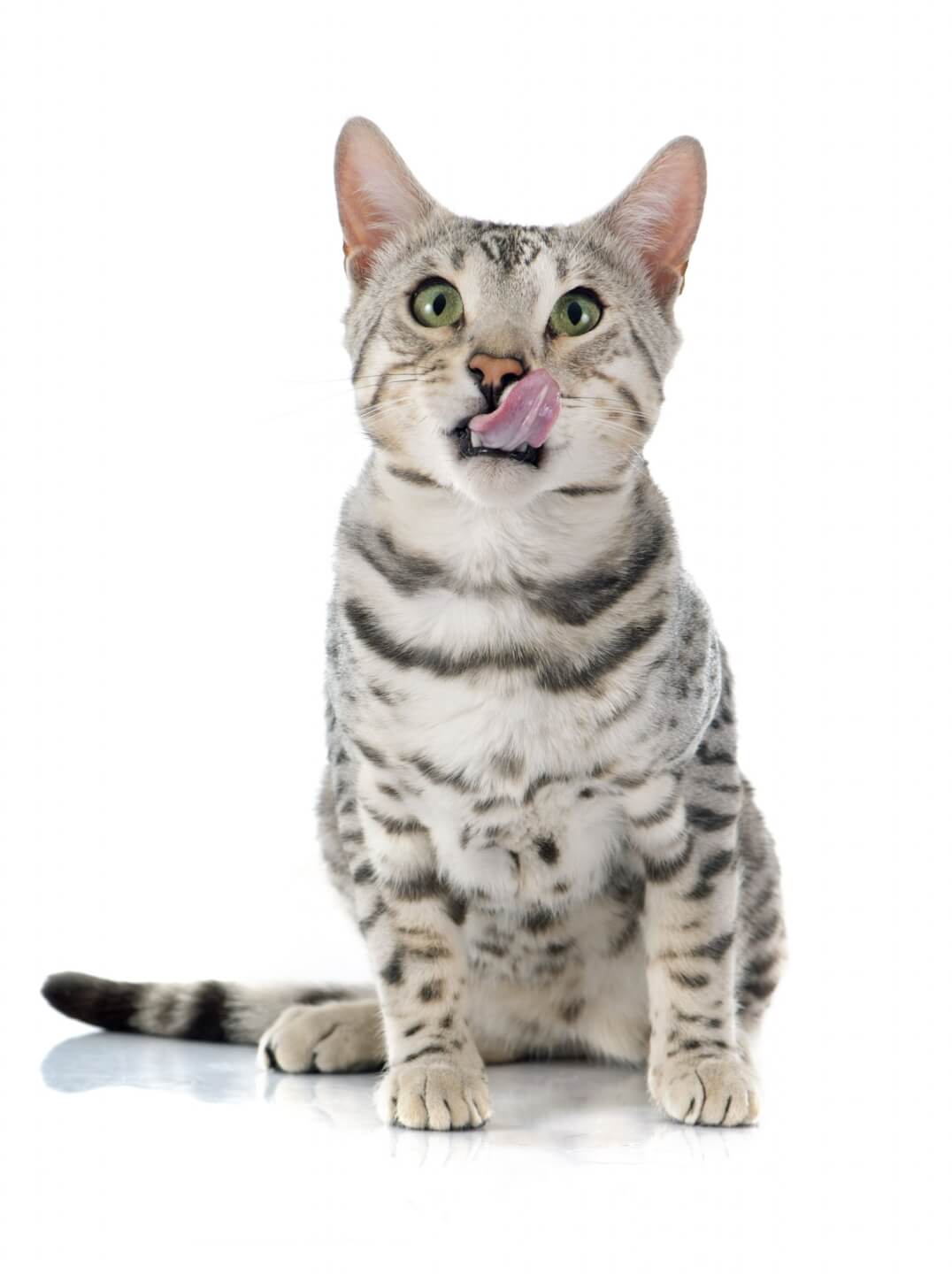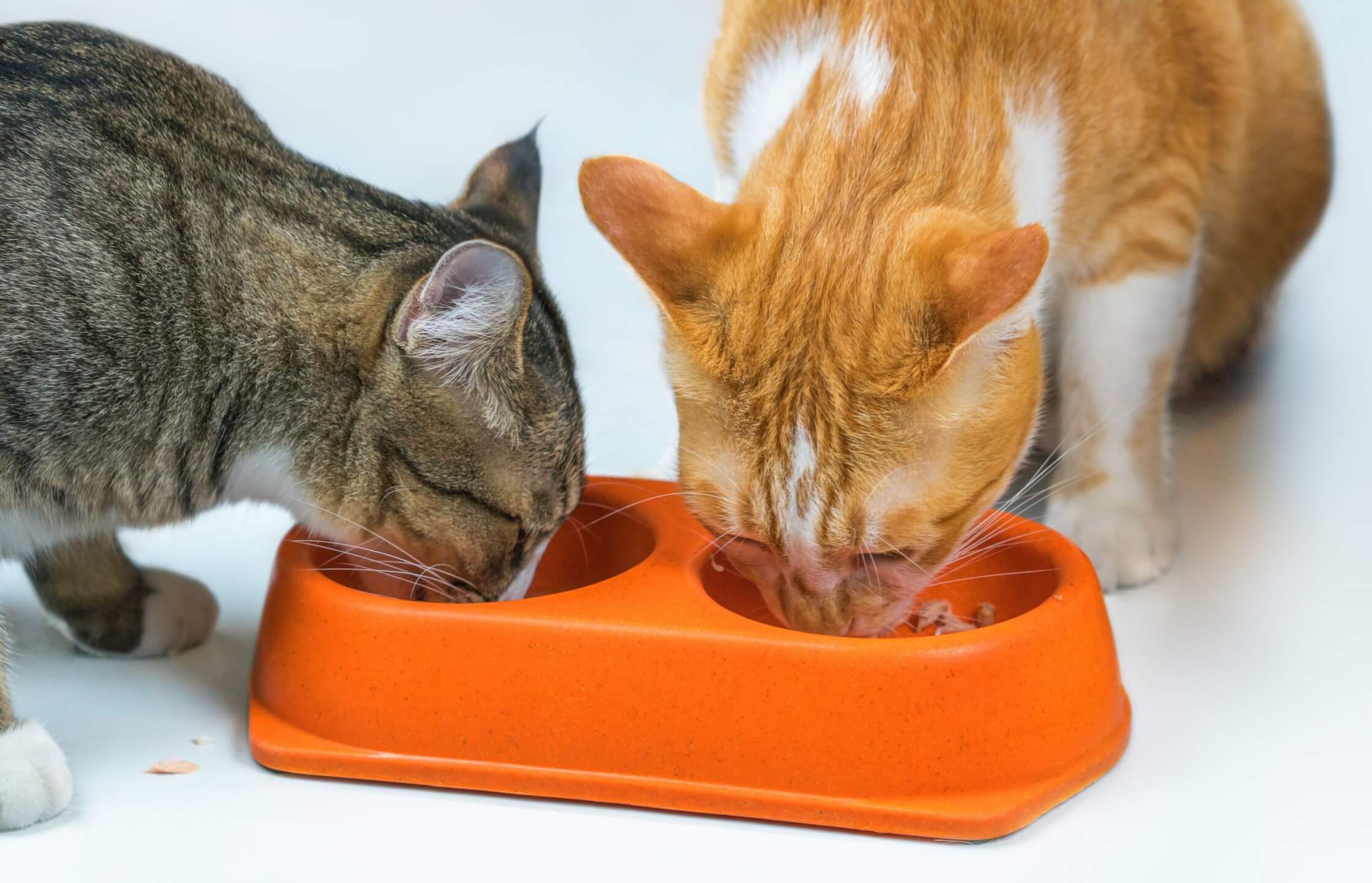
What do potatoes contain?
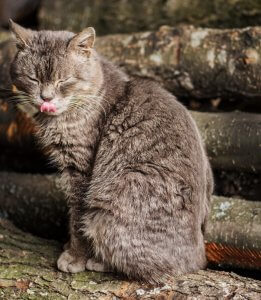
Potatoes are primarily a source of complex carbohydrates, specifically starch. For humans, therefore, they are an excellent source of energy (although, as in the case of cereals, eating bats is not recommended, especially for people who are overweight). In the case of a cat, however, the sound of the word “carbohydrates” should light up in our head already a red lamp.
The cat is a strict carnivore, and its digestive system is not adapted to digest carbohydrates.
But before we decide if a cat can eat potatoes at all, let’s look at what else these bulbous vegetables contain. First of all, they are an excellent source of potassium. They also contain vitamin C and vitamin B6. They are a source of dietary fibre that improves the intestinal passage, which regulates digestion and prevents, e.g. constipation. This is all true – but while it is crucial nutritional information for a human being, in the case of a cat, the matter looks a bit different …
Raw potatoes – a poison!
Raw potatoes are harmful to cats, just like they are human. Eating it causes severe digestive discomfort, manifested as severe vomiting and diarrhoea. Raw potato contains solanine – a toxic compound from the group of glycoalkaloids. Solanine is a kind of way to protect potatoes from being eaten by animals – especially during the growth phase. Solanine is found in quite a high concentration both in the potato tuber itself and in the skin of the young tuber. So if a cat eats a piece of raw tuber or peeler, go to the veterinarian immediately. Solanine poisoning can be very dangerous. An additional threat is a fact that raw potato is hard – a piece swallowed by a cat may get stuck in the oesophagus. An animal can also choke on it.
Boiled potatoes
Toxic solanine found in potatoes is destroyed by heat treatment. So boiled or baked potato is not poisonous for the cat or us. So nothing will happen to a cat if he steals a piece of cooked potato off the plate. Potatoes are also found in some cat food, including high-end ones, gluten-free. The addition of potatoes to the predominantly meat composition of the feed is a better idea than the addition of any cereals, but remember that starch is still carbohydrates. There should be very few of them in the cat’s diet! To digest sugars, you need specific enzymes that your body doesn’t make or produces very little of.
For example, a cat should not consume milk because of the lactose present with it – milk sugar, which requires an enzyme called lactase to be broken down. Similarly, to break down carbohydrates contained in cereals or just potatoes (starch), pancreatic amylase is needed. Cat’s pancreas does not produce much of this enzyme. Also, unlike dogs, in which the presence of carbohydrates in food to some extent stimulates the pancreas to produce more amylase, cats do not have this ability.
The cat’s body has limited ability to absorb sugars from the digestive tract. Excess carbohydrate-rich foods strain the small intestine. From the small intestine, the undigested debris goes to the large intestine. Cat’s large intestine is short, and fermentation caused by intestinal bacteria does not occur as advanced as in man or even in a dog. Therefore, undigested starch is present in cat intestines, often leading to indigestion.
On the other hand, if your cat is on a high-carbohydrate diet, he will have a problem controlling your blood glucose. The liver and pancreas are burdened, and the consequences of improper diet, maybe diabetes or fatty liver (with a high supply of carbohydrates, and low – protein). This case mainly concerns cereals, on which many popular cat foods are based, but it is worth noting that the regular presence of potatoes in the cat’s diet will also not lead to anything good.
Therefore, if the cat eats a potato occasionally, you don’t have to be afraid of anything – nothing will happen to the animal, it will naturally try something new. However, the regular feeding of strict carnivores ingredients rich in carbohydrates overloads his body.
Sweet potatoes
Compared to “classic” potatoes, sweet potatoes, or sweet potatoes, contain more nutrients. This is important information … for man. The cat will have problems digesting the sweet potato, and even more than digesting the potato. So, we treat sweet potatoes alone and let’s give the cat meat delicacies.
So can a cat eat potatoes?
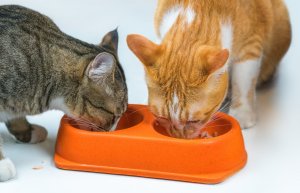
Potato by a cat should not be a cause for concern. Oh, covetousness. In contrast, potato is not suitable food for a cat, even as a snack. No food, which mainly consists of carbohydrates, is ideal for a cat. The cat’s body tolerates such ingredients poorly. The potato also does not contain any nutrients that the cat could not take from other foods or produce itself. Vitamin B6 is found, e.g. in poultry meat, and potassium – in veal. Although the natural sources of potassium available to the cat are limited, these animals do not suffer from a deficiency of this component, unless they are sick and the disease is accompanied by diarrhoea, vomiting and polyuria. In this case, mineral supplementation is recommended. Vitamin C in a healthy cat is synthesized in the liver – it does not need to be supplemented in healthy animals.



